From the October 22. 1999 Chicago Reader. — J.R.
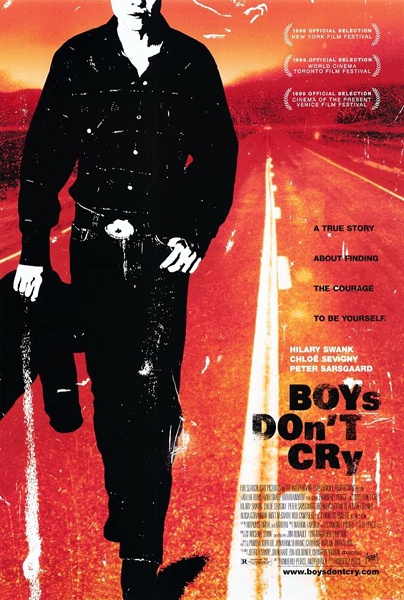
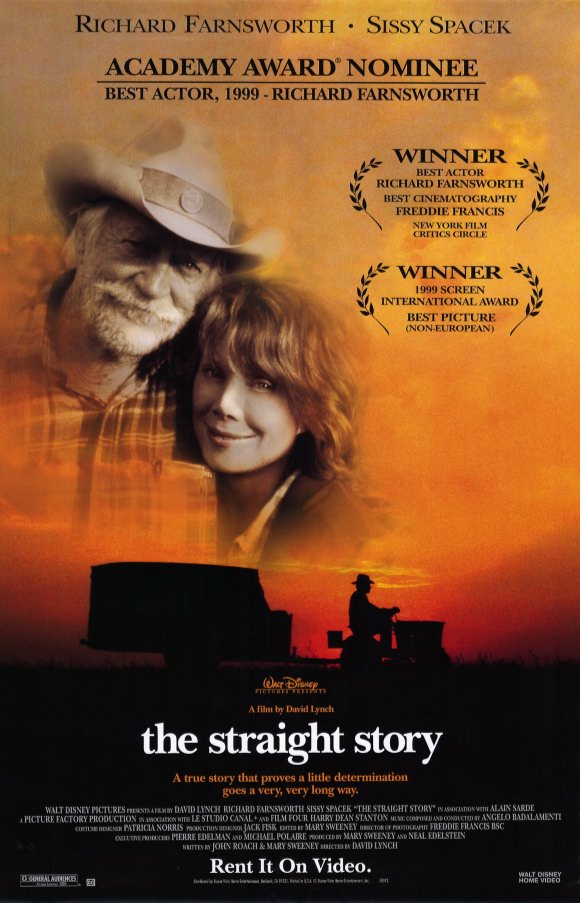
Boys Don’t Cry
Rating ** Worth seeing
Directed by Kimberly Peirce
Written by Peirce and Andy Bienen
With Hilary Swank, Chloe Sevigny, Peter Sarsgaard, Brendan Sexton III, Alison Folland, Alicia Goranson, and Jeannetta Arnette.
The Straight Story
Rating *** A must see
Directed by David Lynch
Written by John Roach and Mary Sweeney
With Richard Farnsworth, Sissy Spacek, Jennifer Edwards-Hughes, James Cada, and Harry Dean Stanton.
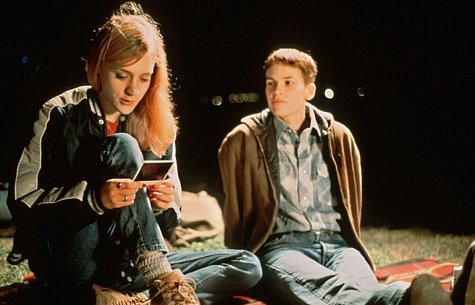
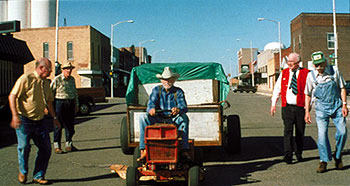
The docudrama may be the key dramatic form of the 90s because of the extent to which its simplifications influence the way we make sense of the world around us. Not that we didn’t already have a habit of simplifying and therefore fictionalizing facts. There are perfectly good reasons most of us prefer to believe that one day in December 1955 Rosa Parks refused to move to the back of a bus in Montgomery, Alabama, because her feet were killing her, thereby launching the civil rights movement. This story has a germ of truth, but Parks and Martin Luther King Jr. had mapped out their basic strategy for the Montgomery bus boycott at Highlander Folk School in Tennessee well before this incident. Still, the more folkloric, more dramatic version of the episode is the one that sticks — and the one that’s repeated by people who want to explain the civil rights movement in more forcible, more legible terms. Read more
From the Chicago Reader (July 1, 1994). — J.R.
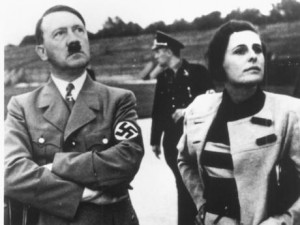
A fascinating if irritating and ultimately unsatisfactory 1993 German documentary by Ray Müller about the remarkable filmmaker whose work provided Nazi Germany with its greatest propaganda. It’s important to know that this film was made at Riefenstahl’s own instigation, clearly designed to accompany her then recently published autobiography, and that she had veto power over who would be interviewed (don’t expect to see Susan Sontag here). Consequently this is more often self-portrait than portrait; like Hitler in Riefenstahl’s Triumph of the Will, she’s presented as a fully formed deity without family background or ideology except for a reverence for beauty and strength. Admittedly, compared to the Nazi industrialists who went unpunished, she has suffered disproportionately for her Nazi associations (albeit far less than any Jew who was gassed), and she deserves full recognition as an extraordinary woman; even in her early 90s she remained a courageous deep-sea diver, as the film shows. But at 182 minutes the film has only a few skeptical asides, and it shirks certain basic historical facts — allowing its subject to insist, for instance, that Triumph of the Will was a “straight” documentary, with no allusion to all the carefully crafted studio retakes. Read more
This review of a major film, Andre Téchiné’s Les voleurs (Thieves), that was (perhaps typically, at least for this period) completely ignored in The New Yorker — along with Jim Jarmusch’s Dead Man from the previous year — appeared in the December 27, 1996 issue of the Chicago Reader. — J.R.
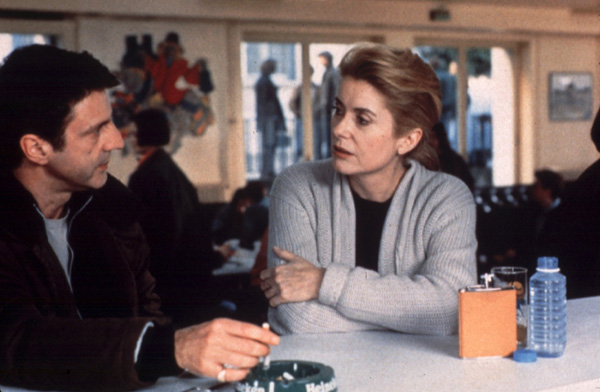
Thieves
Rating **** Masterpiece
Directed by Andre Téchiné
Written by Téchiné, Gilles Taurand, Michel Alexandre, and Pascal Bonitzer
With Catherine Deneuve, Daniel Auteuil, Laurence Côte, Fabienne Babe, Julien Riviére, Benoît Magimel, Didier Bezace, and Ivan Desny.
by Jonathan Rosenbaum
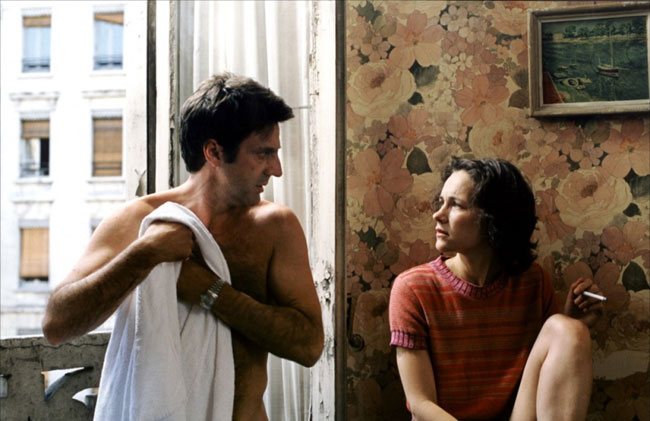
“Before Christ was a time of orgies. Then came love.”
“Love’s less fun.”
“Probably. In orgies you give your all. No more, no less. In love, it’s never enough. It’s always too much or not enough.” –a conversation in Thieves between a philosophy professor (Catherine Deneuve) and a policeman (Daniel Auteuil) in love with the same woman
When was the last time you saw a movie that was truly for as well as about grown-ups? Whatever the virtues of Breaking the Waves, a mature point of view certainly isn’t one of them. Read more







